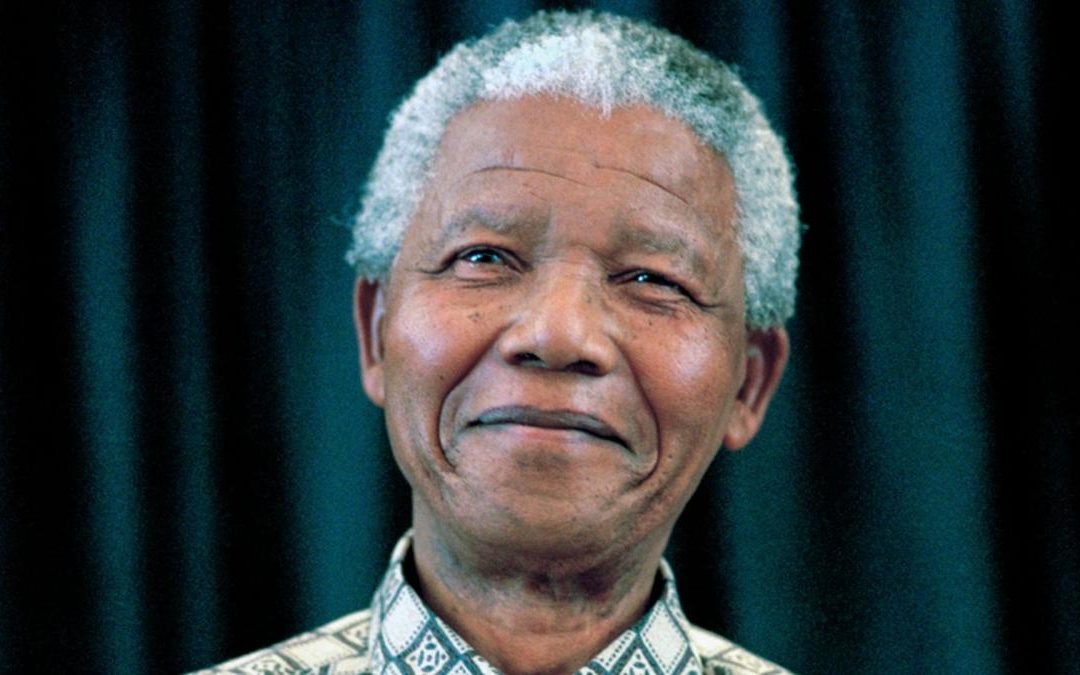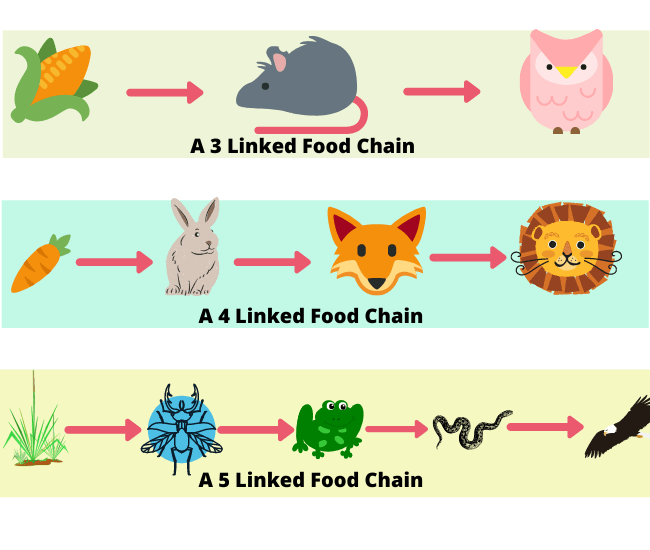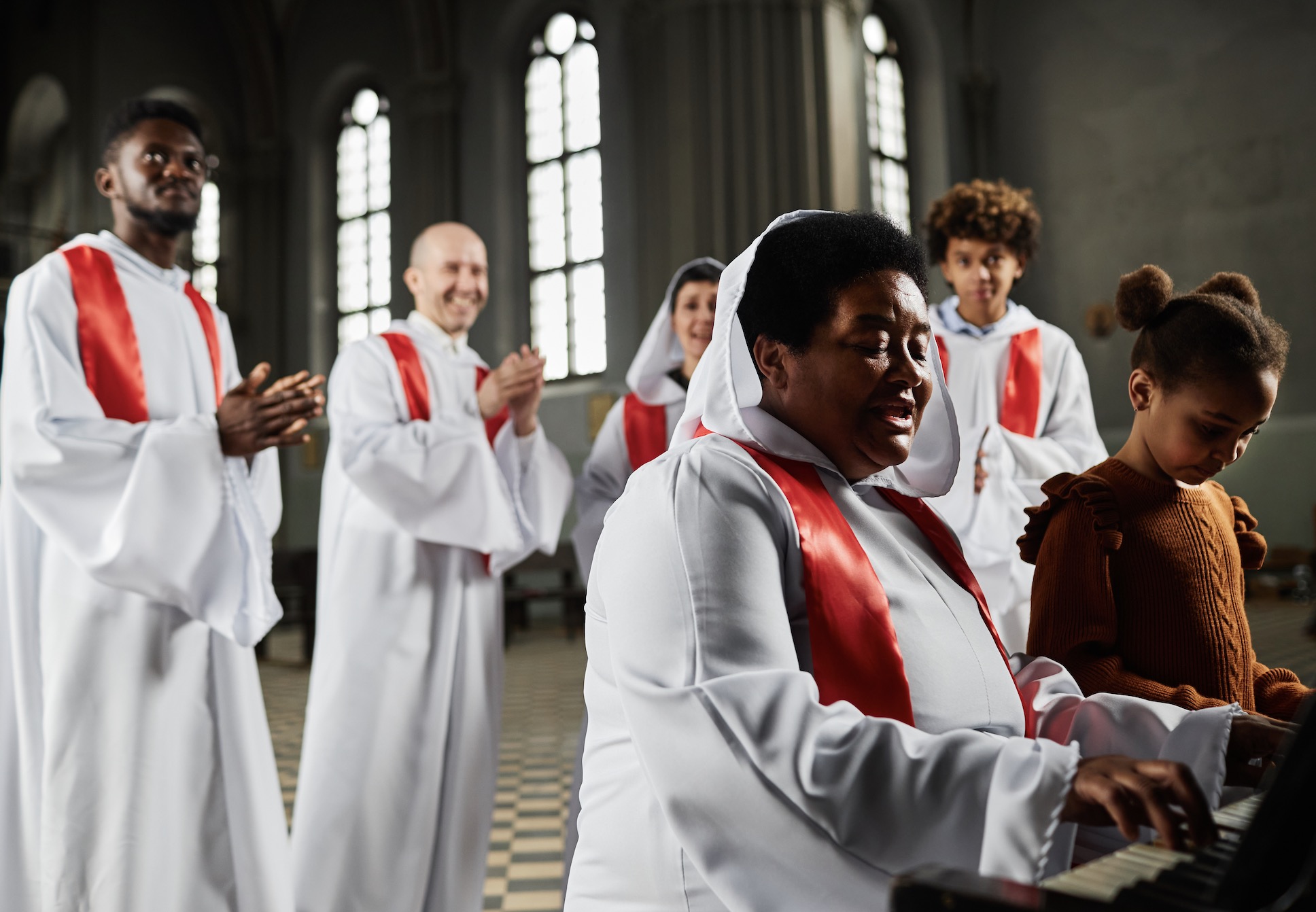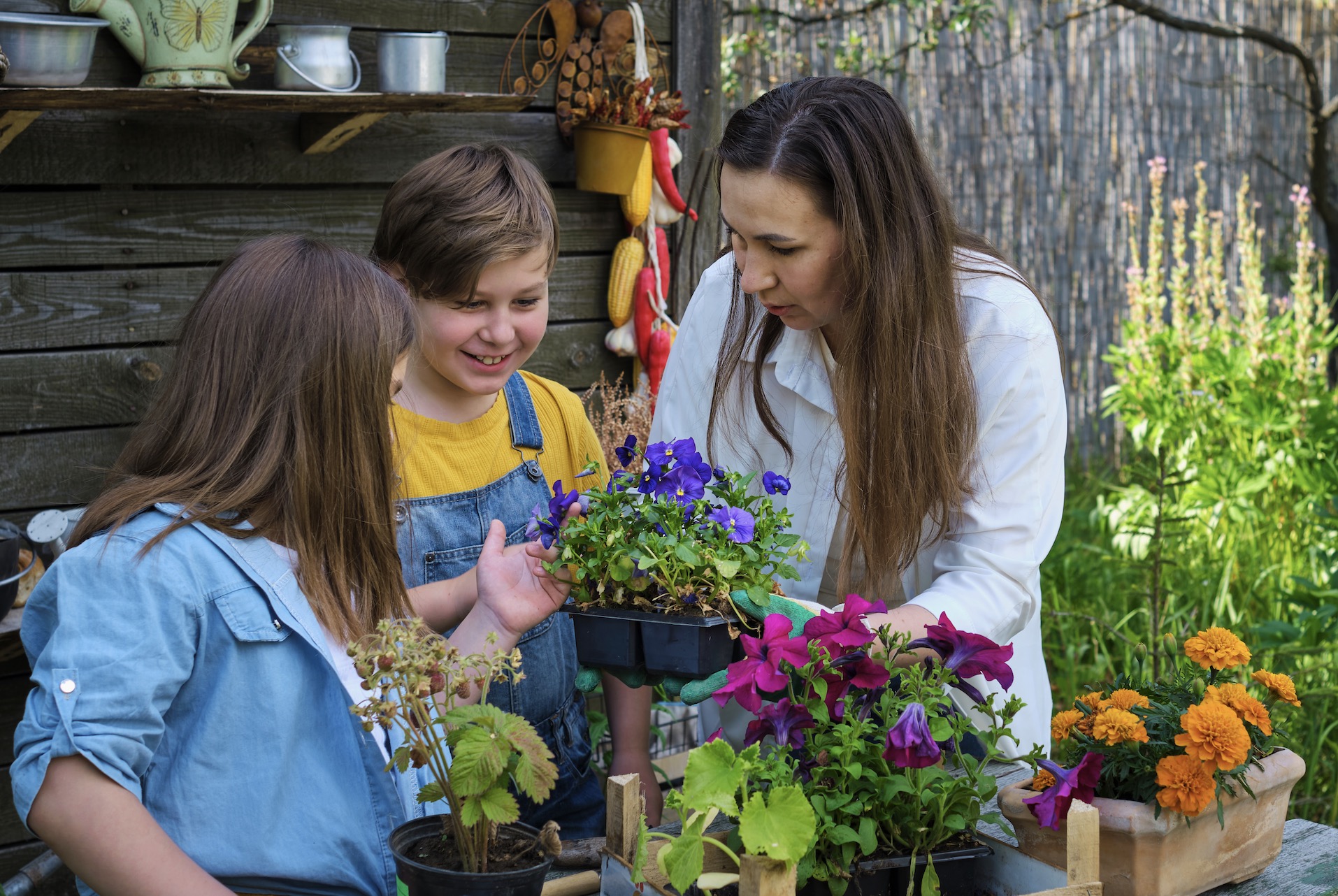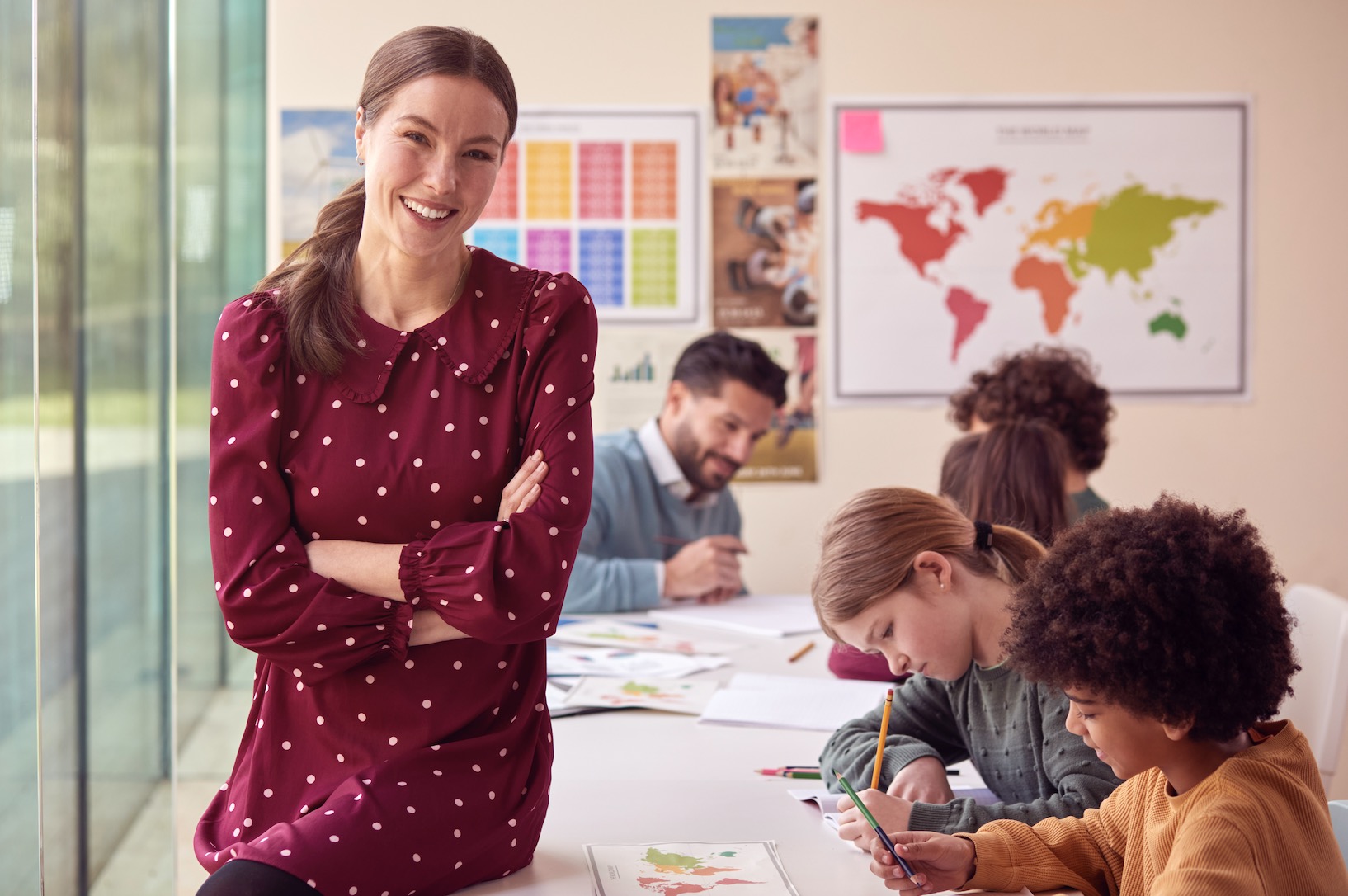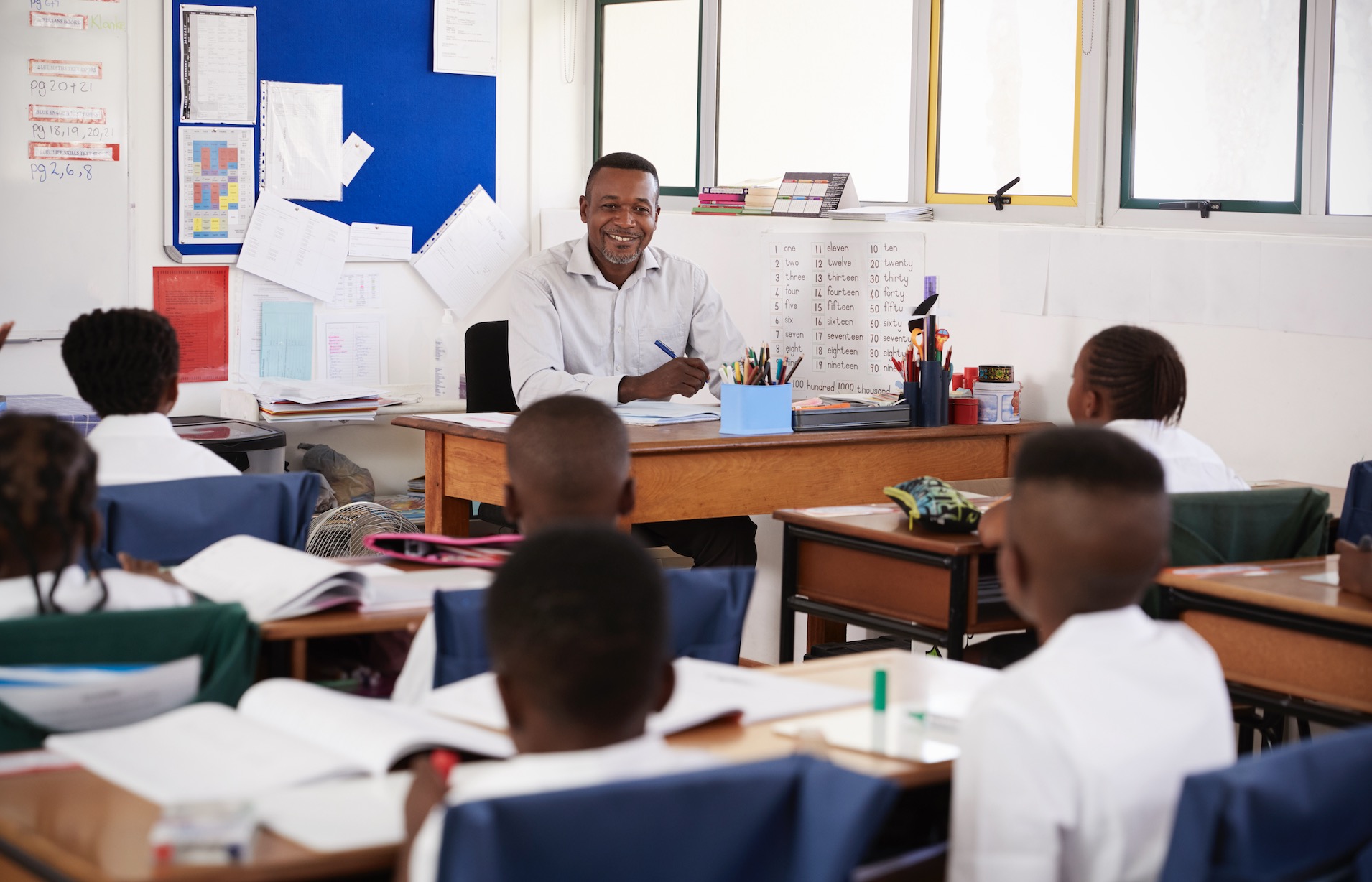Energy Chain for Herbivore – Grade 4 Energy Chain for a Herbivore Here’s a simple way to picture the energy chain: Sun → Plant...
Grade 4 History Term 2 Exam papers pdf:
Getting ready for your History exams can be a lot easier when you have the right study materials. We have prepared special Grade 4 History Term 2 Exam Papers and Memos in PDF format that you can use to practice and learn all the important stuff for your exams.
What You Will Find in the PDF:
- Exam Papers: These are practice questions just like the ones you might see on your actual exam. They help you get used to the types of questions that can be asked.
- Memos: These are the answers to all the questions in the exam papers. After you try to answer the questions on your own, you can check the memos to see how well you did and learn the correct answers.
- Questions and Answers for Revision: Besides the exam papers and memos, we’ve also included extra questions and answers. These will help you review everything you’ve learned and make sure you understand it well.
These materials are easy to use and can really help you do your best on your History exam. Happy studying!
Grade 4 History Term 2 Video Lesson
Questions and Answers for Grade 4 History Term 2 Revision
Below are the Questions and Answers for Grade 4 History Term 2 Revision:
Why is it important to learn about history?
Learning about history is important because it helps us understand how events from the past shape our present and future. It teaches us valuable lessons and helps us appreciate different cultures and ideas.
What is an urban area?
An urban area is a region where many people live close together and includes many buildings such as houses, schools, and shops. These areas are usually very busy.
Where can we find information to help us learn about history?
- Libraries, where there are many books about different times in history.
- Museums, where you can see real objects from the past and learn their stories.
Why is it important to listen to stories and interview people? What can we learn from them?
Listening to stories and interviewing people helps us gain personal perspectives and understand history through the experiences of others. We can learn about feelings, motivations, and the impacts of events on real lives.
What are some interesting facts you learned about your town, Benoni?
- Benoni was once a key area in South Africa’s gold mining industry.
- The town is known for its beautiful parks and the large Benoni Lake, which is a popular place for family outings.
Why are museums important?
Museums are important because they keep and show artifacts from different times, helping us learn about history in a visual and interactive way.
Can you name an item that might be displayed in a museum?
Items like fossils, ancient tools, artwork, or historical documents can be found in museums.
What is one fact about The Big Hole museum?
The Big Hole museum is located in Kimberley and it displays the history of diamond mining in the area, showcasing how diamonds are extracted and the lives of miners.
What can you learn from the South African Museum?
The South African Museum offers exhibits on South Africa’s natural history and cultural heritage, helping visitors understand the diverse environments and communities of the country.
What kind of items are displayed in a Butterfly Museum?
A Butterfly Museum displays various species of butterflies, providing information about their life cycles, habitats, and the importance of conservation.
What have you learned from Nelson Mandela’s life and legacy?
Nelson Mandela’s life teaches us about the power of resilience and the importance of fighting for justice. His dedication to ending apartheid and promoting peace and equality has inspired people all over the world.
What are two ways we can preserve history besides keeping items in museums?
- By writing books and articles that document events and personal stories.
- Through digital archives where documents, photos, and videos can be stored and accessed online.
Why is it important for communities to remember their history?
Remembering history helps communities understand their roots, celebrate their achievements, and learn from past mistakes. It builds a sense of identity and continuity.
Can you name a leader from your community and explain why they are admired?
Think of someone in your community who is known for their leadership—perhaps a teacher, a local mayor, or a community organizer. Explain how they help people and why they are respected.
What is the role of a president in a country?
A president is the leader of a country who makes important decisions about how the country is run, represents the country in meetings with leaders from other places, and helps make laws that impact everyone’s lives.
Why is it important to record history through photographs and videos?
Recording history through photographs and videos is important because these visuals capture moments exactly as they happened. They help us see what life was like in the past and can bring historical events to life in a way that words sometimes cannot.
How do traditional dances and music help us understand a culture’s history?
Traditional dances and music are important because they pass down stories and customs from one generation to another. They help us learn about the values, struggles, and joys of people from different times and places, offering a lively insight into their way of life.
What is a historical landmark, and can you name one in South Africa?
A historical landmark is a place where something important happened in history. One example in South Africa is Robben Island, where Nelson Mandela was imprisoned, which teaches us about the country’s struggle for freedom and equality.
Why is it important to learn from historical mistakes?
Learning from historical mistakes is crucial because it helps us avoid making the same errors in the future. It also teaches us how to make better decisions and fosters a more just and informed society.
How can modern technology help us preserve and learn about history?
Modern technology, like the internet and digital scanning, helps us preserve documents and artifacts in digital formats, making history accessible to more people. It also allows historians to analyze historical data using powerful software, leading to new discoveries and insights.
What can stories from older family members teach us about our personal history?
Stories from older family members can teach us about our family’s background, traditions, and values. They give us a personal connection to the past and help us understand where we come from, shaping our identity and sense of belonging.
Why are national holidays important for remembering historical events?
National holidays are important because they mark significant events in a country’s history and help the public remember and honor those occasions. They also unite people in celebration and reflection, reinforcing national identity and values.
Can you think of a movie about a historical event? What can we learn from such movies?
Movies about historical events, like “Invictus,” which tells about Nelson Mandela’s role in the Rugby World Cup, help us learn about history in an engaging way. They can inspire us and bring historical figures and events to life, although it’s important to check the facts since movies sometimes add fictional details.
What role do archaeologists play in understanding history?
Archaeologists help us understand history by uncovering artifacts from the past. They dig up items buried long ago and analyze them to learn about ancient civilizations, how people lived, and what was important to them.
How does studying geography help us understand historical events better?
Studying geography helps us understand historical events by showing us where they happened and how the land, climate, and natural resources influenced those events. For example, knowing the geography of a battlefield can explain the outcomes of historical battles.

